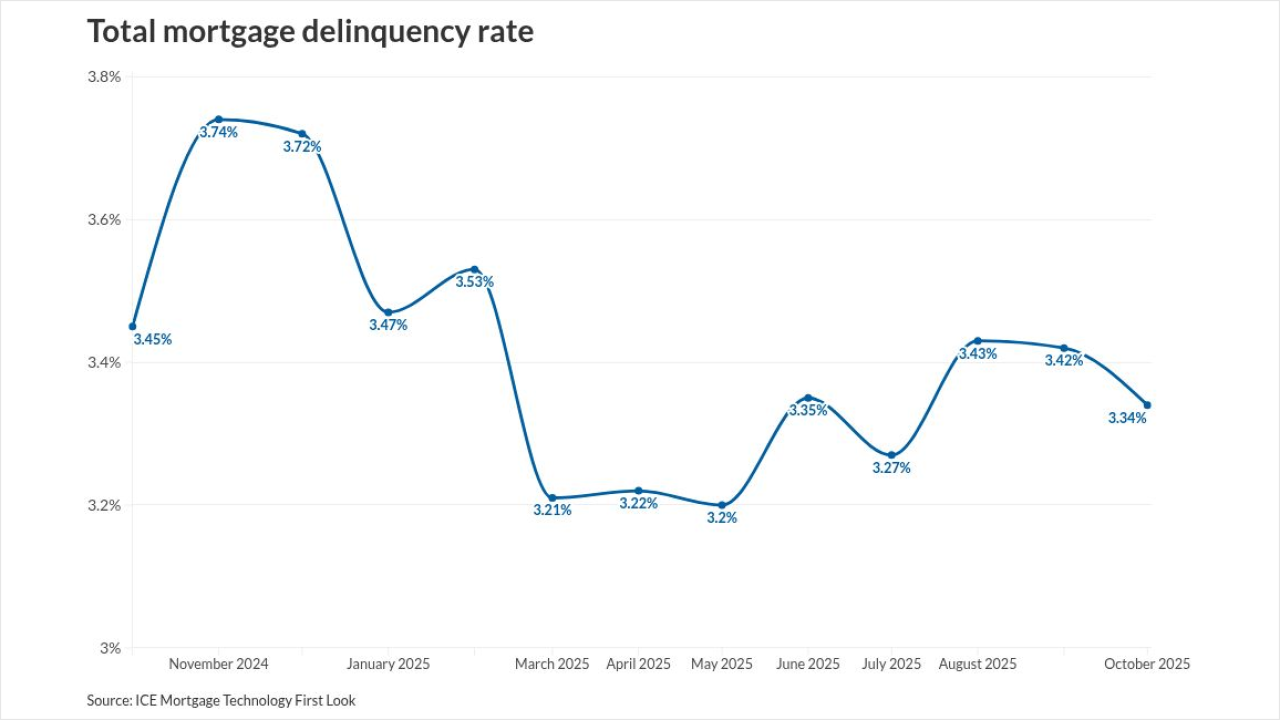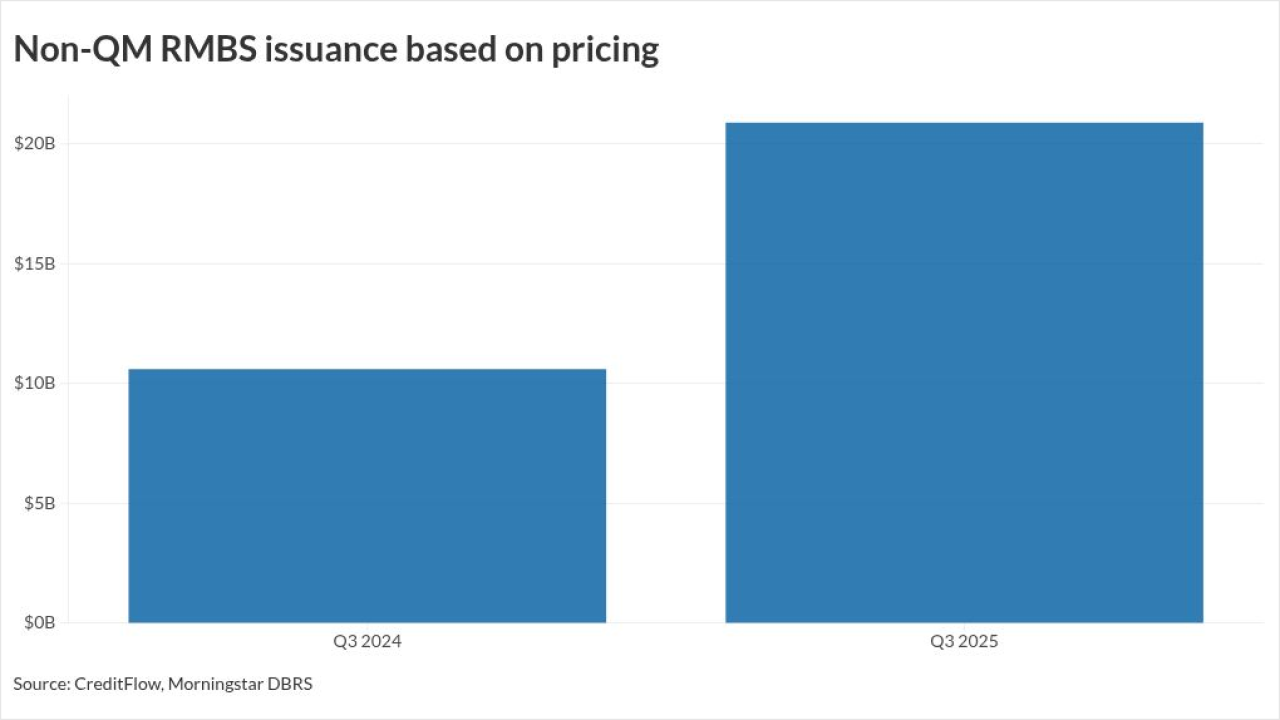
WASHINGTON — The idea that regulators need to more sharply punish the executives of failed banks has attracted some powerful promoters in the last few weeks,
That's traction that the executive compensation issue hasn't seen in years, experts say. In the wake of the Silicon Valley Bank and Signature Bank failures, a number of reports have pointed to stock sales and bonuses of the executives of both banks that have rankled policymakers and the public, giving both Republican and Democratic lawmakers the political impetus to write and support legislation that would pull those rules back.
And while the odds of legislation on anything banking-related passing have seemed long in a divided Congress, the confluence of influential voices pushing for some sort of change could result in actual changes that grant the Federal Deposit Insurance Corp. more ability to take back the compensation of those found culpable for a bank failure.
There are a number of bills milling around Congress, including
"The bills were written with passage in mind," said Bartlett Naylor, financial policy advocate at Public Citizen and a former Senate Banking Committee staffer.
Naylor said there's still expected to be debate on whether regulators should have to claw back compensation or will simply have the power to do so.
"Some of the Republican staff wants further consideration of clawbacks, so that is likely to be ongoing," he said.
The FDIC should be granted some power to claw back compensation via
"Each of these items can be accomplished under existing law, and they build upon regulatory reforms already on this administration's agenda, like completion of the executive compensation rule for bank executives authorized under Section 956 of the Dodd-Frank Act," the White House
Any legislation, however, would target the Federal Deposit Insurance Act, not Dodd-Frank.

"The Federal Deposit Insurance Act deals with much more than deposit insurance. It's a mini-code for bank safety and soundness statutes," said Richard Carnell, an emeritus professor at Fordham Law School and former Assistant Secretary of the Treasury for Financial Institutions. "It's also the main place for statutes dealing with bank failure. The clawback proposal is tied to bank failure, so the FDI Act is a particularly logical place to put it."
Martin Gruenberg, chairman of the FDIC, suggested that changes to the FDI Act — not existing routes via Dodd-Frank — would be helpful when it comes to the agency's abilities to claw back the compensation of failed bank executives.
"We do not have, under the Federal Deposit Insurance Act, explicit authority for claw back of compensation," Gruenberg said at a hearing in the Senate Banking Committee last week on the failures of Silicon Valley Bank and Signature Bank. "We can get to some of that with some of our other authorities. We had that specific authority under Title II of the Dodd-Frank Act. If you are looking for an additional authority, specific authority under the FDI Act, it would probably have some value there."
To be sure, it's still a uniquely difficult time to get any legislation through Congress. James Ballentine, former head lobbyist for the American Bankers Association and current founder and CEO of Ballentine Strategies said that executive compensation will be a hot topic on the Hill, and there's still some chance that it goes through, but that it won't be an easy process.
"I'm sure we'll see bills associated with it," he said. "The actual legislation passing? I put it slightly below the 50% mark."
Ballentine also said that the five-year clawback clause would be a topic of debate, and that the banking industry will likely want to see that cut back.
"If the bank five years ago was doing fantastic, maybe even two years, that's when it gets tricky in how you draw and how you put a definitive line as to when a clawback period would occur," he said.
The FDIC is expected to make recommendations about how the agency and Congress should respond to the failures of Silicon Valley Bank and Signature, and that policy watchers will have a better idea of how realistic pending legislation is after the FDIC releases that report, Ballentine said.
"If that's part of their work and recommendations, if they say the FDI Act is too limited in what they can do, the members' next question will be how do we go about this, what is the proper window?" he said.





